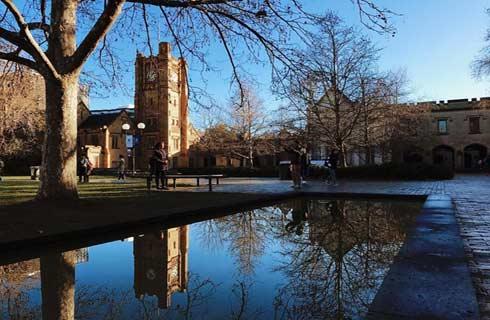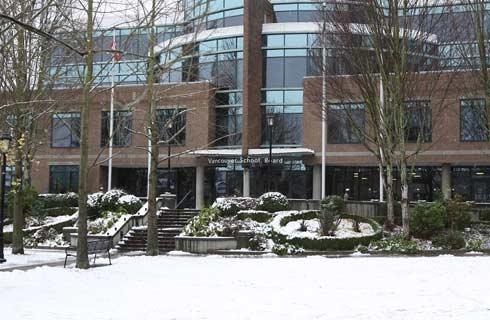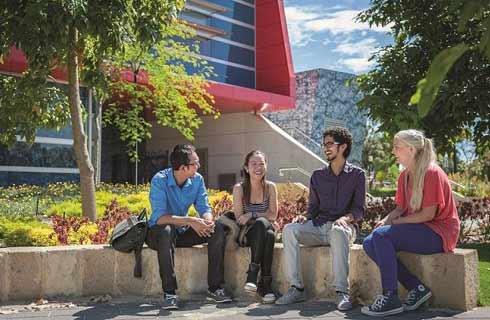国际学生入学条件
Freshman applicants must submit official secondary school mark sheets and diploma. Mailed documents must be originals or copies certified by the school principal or controller of examinations and sealed in a school envelope. Documents not in English must be translated by a certified translator. Official transcripts are also accepted by email if sent directly from the school principal or registrar. Students who do not meet minimum English proficiency requirements may apply for conditional admission, during which time they will need to be enrolled in an intensive English program, such as ISU’s IEI program, in preparation for full-time academic study at ISU. Have graduated from a high school or secondary school with satisfactory grades, received a diploma or certificate of graduation, and be eligible for admission to a major university in the country from which they graduated. Students are required to earn a grade of C- (1.7) or better in each ESET, INST, or CYBR prefixed course, a cumulative 2.0 Grade Point Average (GPA) to advance each semester, and an overall 2.0 GPA to earn an ESTEC degree or certificate
展开
IDP—雅思考试联合主办方

雅思考试总分
5.5
- 雅思总分:5.5
- 托福网考总分:61
- 托福笔试总分:500
- 其他语言考试:Duolingo – 85
CRICOS代码:
申请截止日期: 请与IDP联系 以获取详细信息。
课程简介
The Energy Systems Nuclear Operations Technology program offers students the opportunity to learn the skills required to work in nuclear power plants, fuel cycle facilities, and nuclear research labs. Students learn about electronics, instrumentation, power generation, radiological work standards, reactor plant operation, radiation detection and protection, reactor theory, the nuclear industry, glovebox work, steam generation, and safety protocols. The program has two tracks, allowing students to specialize as either Nuclear Facility Technicians or Licensed Operators. Licensed operators learn to manipulate the controls of nuclear reactors, and are able to train on the AGN-201 reactor at ISU. <br><br>Upon completion of this track, students are prepared to undertake the process of getting an NRC license at either a research, commercial power, or medical isotope production reactor facility. The other track, Facility Technician, train students to specialize in the use of gloveboxes and manipulators to work at a variety of different nuclear facilities handling highly contaminated material in a safe manner. They learn about instrumentation calibration and repair, radiation detection and measurement, maintenance of industrial mechanical systems, and how to perform work in contaminated environments. Whichever track you choose, the small class sizes and face-to-face learning with hands-on laboratories make the environment very conducive to learning the skills needed to obtain employment. The program has been designated as the Northwest Regional Center of Excellence for Nuclear Education and Training by the Nuclear Energy Institute
展开







 预科
预科 奖学金
奖学金 实习机会
实习机会 在校学习
在校学习 跨境学习
跨境学习 校园授课-线上开始
校园授课-线上开始 在线/远程学习
在线/远程学习












 安大略理工大学
安大略理工大学

 波士顿大学
波士顿大学

 爱达荷州立大学
爱达荷州立大学

 波士顿大学
波士顿大学

 密苏里大学
密苏里大学

 加州大学戴维斯分校
加州大学戴维斯分校










